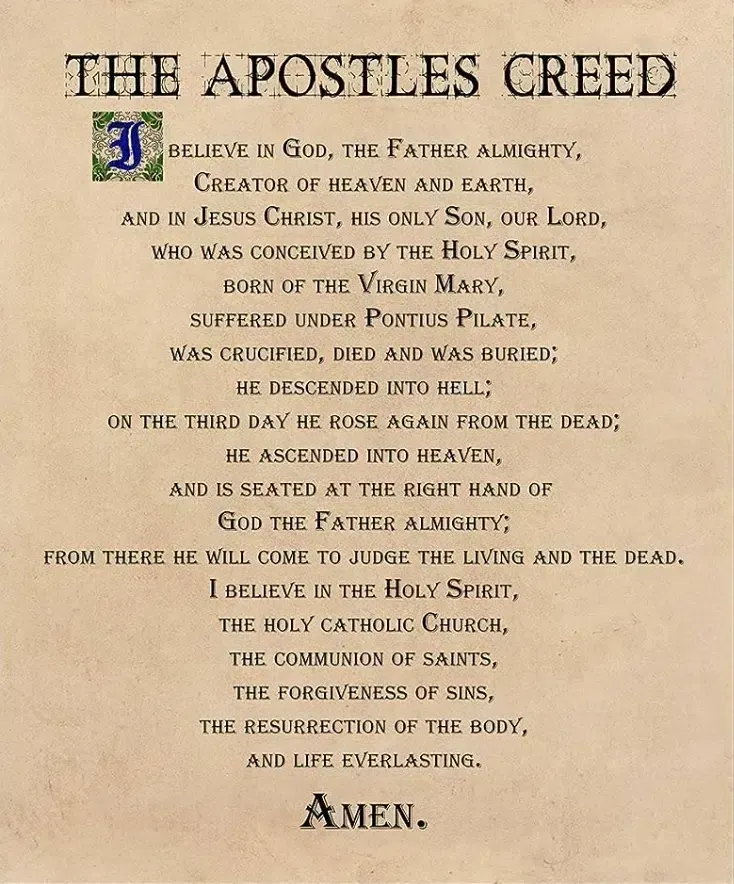Kingdom Relationships Anger and Reconciliation
Anger and Reconciliation
In this series on Kingdom Relationships, we turn our attention to a foundational passage on human relationships found in the Gospel of Matthew. The Sermon on the Mount is a treasure trove of wisdom and guidance, and this morning, we delve into a significant segment of this sermon, focusing on anger, reconciliation, and the heart. This sermon by Jesus, the greatest preacher who ever lived, serves as a profound guide for us to navigate the intricacies of human relationships.
**Recap: Fulfilling the Law**
In our previous discussion, we explored how Jesus did not come to abolish the Old Testament law but to fulfill it. His life and ministry were the embodiment of the intended purpose of the Old Testament Scriptures. The law finds its fulfillment in Christ, as he is the ultimate focus to whom the Scriptures point. In essence, Jesus laid the foundation for his Sermon on the Mount in verses 17-20, emphasizing the enduring significance of God's law.
**The Sixth Commandment: "Thou Shalt Not Murder"**
Today, we begin to unpack six examples presented by Jesus to serve as his authoritative interpretation of God's Law. He challenges and refines our understanding of the law, beginning with the sixth commandment, "Thou shall not murder."
One might wonder, "What does an exposition on murder have to do with me?" The answer is everything, as this morning's text is one of the fundamental passages on human relationships in the Bible. Our goal is to understand the true intention behind the law, going beyond mere external observance to examine the condition of our hearts.
**The Principle Proclaimed: Matthew 5:21**
The prohibition against murder is one of the most universally accepted moral principles. The gravity of taking another person's life is deeply ingrained in our societal conscience. However, it wasn't until later in the biblical narrative that God explicitly addressed and outlawed murder. After the flood, which was a response to humanity's rampant violence, God established the penalty for murder in Genesis 9:6. It was here that God declared that "whoever sheds human blood, by humans his blood will be shed, for God made humans in his image." The severity of the penalty underscores the sanctity of human life, as each person is created in the image of God.
Likewise, the Jewish audience listening to Jesus would have been familiar with the sixth commandment from the Old Testament, "Do not murder" (Exodus 20:13). This commandment encapsulated the gravity of taking another person's life. However, as Jesus unfolds his interpretation of the law, he reveals that the law is not merely concerned with external actions but also with the underlying attitudes and emotions that lead to those actions.
**The Principle Defined: Matthew 5:22**
In this section of the sermon, Jesus contrasts his teaching with the traditional interpretation of the law by the Jewish religious authorities. He emphasizes the importance of the heart and motives. The verse, Matthew 5:22, states, "But I tell you, everyone who is angry with his brother or sister will be subject to judgment. Whoever insults his brother or sister will be subject to the court. Whoever says, ‘You fool!’ will be subject to hellfire."
Jesus clarifies that the prohibition against murder is not solely about the physical act of killing someone. Rather, it extends to the internal attitudes and emotions that precede the act of murder. He teaches that harboring anger, insults, or contempt for another person is equivalent to committing murder in one's heart. This interpretation is a profound shift from mere external compliance with the law to an examination of the inner disposition.
It's crucial to understand that Jesus is not advocating for a life devoid of righteous anger. There is a place for righteous indignation when confronted with sin and injustice. In those cases, anger is directed at sin, not the sinner. However, Jesus emphasizes that personal offenses and grudges should not be the cause of anger. He underscores the need to distinguish between righteous and unrighteous anger.
**Dealing with Anger**
As we consider Jesus's teaching on anger, it leads us to reflect on our own lives. Have we allowed anger, bitterness, and hatred to fester in our hearts? The gravity of Jesus's words should not be underestimated. He equates harboring anger and contempt for others with the act of murder. The heart of the matter is a matter of the heart, and we all stand guilty in the light of Jesus's words.
Anger is an emotion we have all experienced at some point in our lives. While righteous anger has its place, it should not consume us. It is essential to differentiate between righteous and unrighteous anger. The Bible offers guidance on managing anger and ensuring it does not lead to sinful thoughts and actions. Verses like Psalm 37:8, Proverbs 14:29, Ecclesiastes 7





